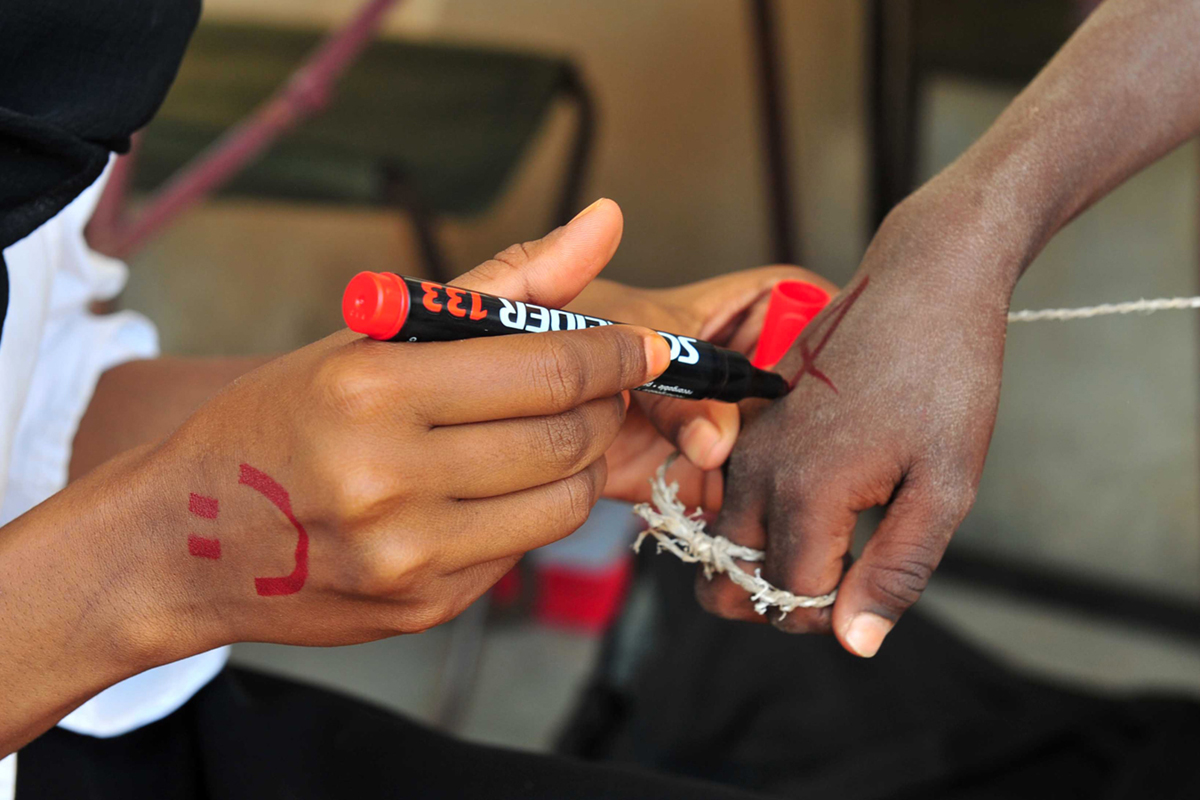
Dehydration of skin affects as much as 98% of the population. It comes in varying degrees and it is often connected with problems as scaly, taut skin, superficial lines and premature aging.
Moisturizing of the skin
Fluid makes up approximately 70% of the human body. It penetrates the tissues carrying the nutrients and water vital to health. Without this natural exchange within the body, cells would cease to exist and the organism would die. Sufficient water intake is crucial to maintain this process, but it may not reduce the existing dehydration of the skin. This is because skin makes water reserves in two lower layers, the dermis and hypodermis. Epidermis, the surface layer, can receive moisture indirectly, only by production of new cells that contain a proper amount of fluid.
Causes of skin surface dehydration
Surface dehydration leads to the formation of the horny layer. This happens because the horny layer serves as a barrier against moisture infiltration.
Wetting the epidermis doesn’t allow moisture into the skin and the horny layer acts as a barrier in both directions. There are a couple of reasons for dehydration.
Poor cleansing of the skin or using harsh alkaline soaps and washes may strip the hypo-lipid form from the surface of the skin, making it prone to moisture loss. Cleansers used for oily and problem skin may even cause further complications since they produce clogging that may turn to blackheads and possible pustules.
Skin damage resulting from the exposure to certain acids, excessive sun exposure and other irritants, may interrupt the transfer of moisture to the epidermis.
Neglect that develops from a failure to drink adequate amounts of fluid, to the failure to apply protective creams on a regular basis, may also reduce the flow of fluid to the cells. For example, excessive smoking is already known to be associated with wrinkle formation.
Use of certain medications or certain health conditions may cause internal dehydration that also affects the skin. Diuretics, cortisone and many cold and flu remedies may cause dehydration as a side-effect.
The use of inadequate moisturizers, light textured and milky ones, usually doesn’t offer enough protection to the epidermis. The water evaporates soon and leaves the skin prone to dehydration and formation of the horny layer. Regular use of scrubs may also be harmful because it breaks down the cell cohesion and reduces the capability to retain moisture.
Alcohol based tonics are the same as the strong cleansers. They remove the protective sebum from the epidermis and lead to dehydration.
Air conditioning and climate evaporate the air in the rooms and affect the skin condition. Hot showers may also negatively affect the skin as they remove the protective sebum.
Excessive intake of salt or caffeine is another significant cause of dehydration that causes water retention and bloating at the same time.
Reducing the moisture loss
The first step to reducing the moisture loss is to identify the causes of dehydration and act against them. There a lot of protective products and moisturizers on the market, but many of them may even be harmful or worsen the effects. Oil-in-water emulsions containing natural moisturizing factors such as amino acids, glucose or electrolytes are the best over the counter solutions. Protective creams with high lipid content and humectants containing glycerin or sorbitol may also work as true protectives.


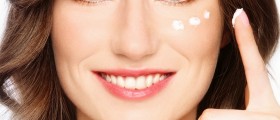




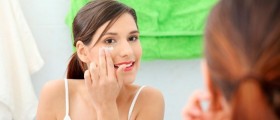
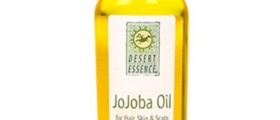
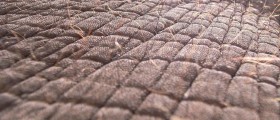





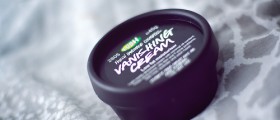

Your thoughts on this
Loading...